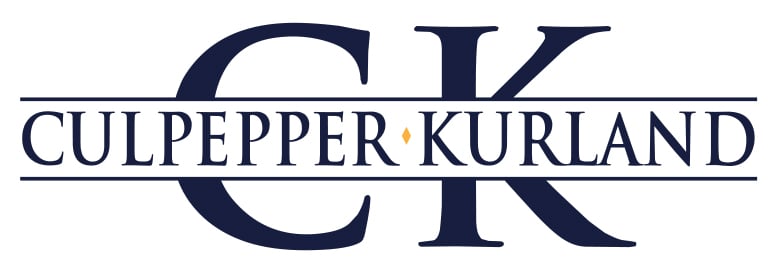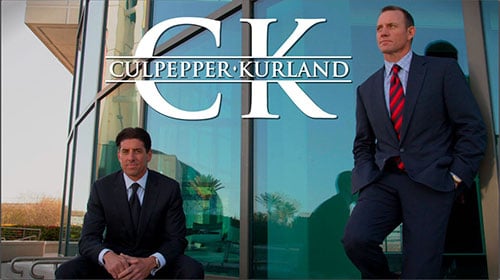Parenting a teenager can be hard. On one hand, you don’t want to condone any bad behavior — like drinking. On the other hand, you know that it’s important to address the realities of life. You can’t be with your teen every moment of the day or night, so they may sometimes experiment with alcohol (even if they’re still underage).
That makes it particularly wise to discuss the realities of drinking, driving and drunkenness with your older teens or young adult children. Otherwise, they may rely on the incorrect information that so many people repeat.
Here are three things your teen or young adult driver needs to know about drinking:
- Beer will make you just as drunk as liquor. There’s absolutely no truth to the idea that you can drink beer without actually getting drunk. You may just get drunk more slowly on beer, because of its volume, than you would shots of whiskey or vodka (which can be downed more quickly).
- There’s no quick way to sober up before driving. Coffee doesn’t sober you up; it merely increases alertness. Splashing water on your face may feel good, but it won’t help you get sober. Rolling a window down so the air is in your face doesn’t make you more alert or less intoxicated, either.
- Driving home slowly and carefully is not safe when you’re impaired. Tipsy drivers sometimes think that it’s okay to drive home if they go slowly, take a back route and know the road well. It’s not. Driving too slowly or driving erratically can lead to wreck just as easily as driving too fast.
Let your teen or young adult know that you’d rather they call you for a ride than try to hide the fact that they were drinking and drive home — no matter what your personal feelings are about the situation.
While you can do your part to keep the roads safe, the reality is that drunk drivers abound. If you or your family members are involved in an accident with a drunk driver, find out what right you have to compensation for your losses.


